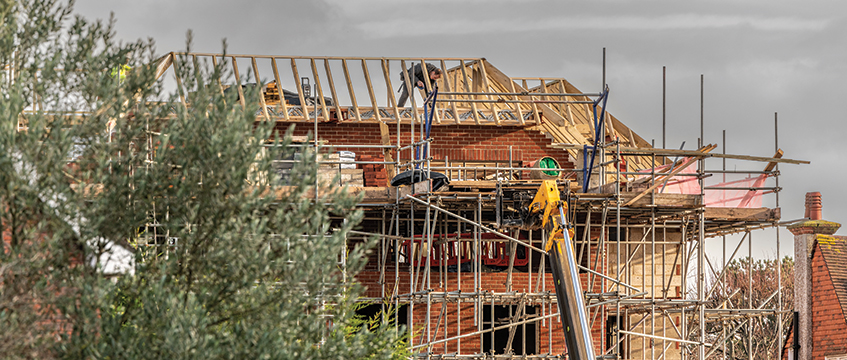Europe needs €11.8tn to fix broken housing system, says Inrev
The European housing market requires around €11.8tn (£9.8tn) to address not just chronic undersupply, but affordability and energy efficiency of homes.
A report published by Inrev called Solving Europe’s housing challenge: Aligning institutional capital to public policy ambitions through an industrial housing strategy based the estimate on stated housing policy requirements over the next 10 years, alongside the cost of delivery per home reported by active stakeholders in seven countries across Europe.
The seven countries surveyed in the report were England, France, Netherlands, Germany, Ireland, Spain and Sweden.
The European housing market requires around €11.8tn (£9.8tn) to address not just chronic undersupply, but affordability and energy efficiency of homes.
A report published by Inrev called Solving Europe’s housing challenge: Aligning institutional capital to public policy ambitions through an industrial housing strategy based the estimate on stated housing policy requirements over the next 10 years, alongside the cost of delivery per home reported by active stakeholders in seven countries across Europe.
The seven countries surveyed in the report were England, France, Netherlands, Germany, Ireland, Spain and Sweden.
Inrev said that dealing with the scale of the European housing crisis is beyond the scope of most parliamentary cycles and the financial capacity of public authorities.
The paper said the scale of Europe’s housing challenge demands a strategy that encompasses a more holistic, multi-decade approach to developing a housing solution. It needs to align public and private stakeholders over the long-term as well as stakeholders with a shorter-term business cycle, such as contractors who play a fundamental role in delivery.
The report said that harnessing institutional capital, especially long-term “patient” capital, is an effective way to address the challenge.
The paper added that while policy measures to moderate rents help those in appropriate housing, they fail to address the systemic issues in Europe’s housing market.
However, patient institutional capital can help to rapidly accelerate the delivery and professional management of high-quality housing across various tenure structures over the next decade. By the same token, investors stand to benefit from strong, reliable risk-adjusted returns that meet their long-term liability matching obligations.
Iryna Pylypchuk, director of research and market information at Inrev, said: “The scale of Europe’s housing crisis is staggering. However, there is a clear opportunity for institutional allocators of patient capital and the public sector to work together to solve what is one of the most pressing socio-economic issues of our time.
“The paper is a robust illustration and reminder of the vital contribution that the real estate investment industry can make to improving the quality of life for local communities, and the broader cohesion of society across Europe.”
Photo © Jon Santa Cruz/Shutterstock











